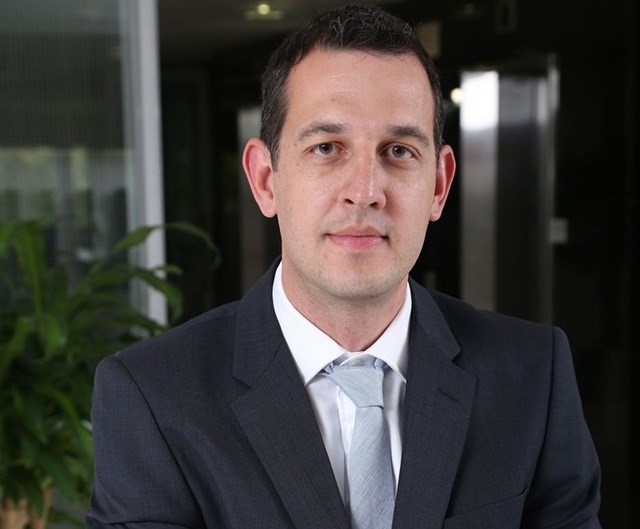Customer expectations outpace brand experiences

Company leaders need to be awake to the fact that customer expectations are outpacing their brand experiences. The ticket to success is improving their understanding of what consumers actually want – and then exceeding them – while simultaneously identifying opportunities to save and grow.
After all, customers are increasingly brand and quality conscious and expectations are being forged by their experiences of leading brands across industries. They seek out the latest trends but watch their budget‚ and look out for personalised as well as unique shopping experience.
However, many companies are still failing to deliver on these standard expectations. In the Expectations vs. Experience: The Good, The Bad, The Opportunity survey, Accenture highlights that brands are more pessimistic, with only about two thirds believing they have technology, processes and organisations in place to deliver. Furthermore, only one third believe their data and analytics are differentiating.
Prioritising the customer mindset is therefore the key to overcoming the hurdles to expansion and retention in the modern marketplace – and then unlocking opportunities to grow.
Essentially, the ability to harness digital acceleration needs to be inculcated in the corporate mindset. A vista of new savings and growth opportunities awaits for those who enter the journey to the cloud, the intelligent customer and intelligent enterprises.
Accelerate digital adoption
What I mean by this is that companies need to be able to adapt to a dynamic state of constant flux and this entails embracing digital at a rate that is about double that of their peers. They need to turn data into insights and action and identify and secure more partnerships to become high performers.
These trends are in play across Africa, where large-scale smart phone adoption, a decline in data costs and increase in internet penetration is totally changing the landscape.
African businesses have the unique advantage of leapfrogging legacy architecture - which can keep them a step ahead. But for this to happen, digital acceleration needs to be seen as a friend rather than an enemy.
African businesses have the unique advantage of leapfrogging legacy architecture - which can keep them a step ahead.
The task may be great and the stakes high, but the path forward is clear: to grow, companies must proactively identify activities that drive value, take out costs that are not contributing to business goals and reinvest those savings into growth.
In this regard, cloud is not the future. It’s already here, and more businesses are finding that the sooner they adopt cloud technology, the better positioned they will be to compete in an increasingly brisk, aggressive marketplace. Companies that want to achieve the type of agility they need to succeed in today’s business climate, migrate to cloud while embracing a robust ecosystem of cloud solutions. And they’re teaming with Accenture to make the journey a safe, affordable and profitable one.
The next level of operational excellence will emerge from the latest gains in software intelligence. Business and technology leaders must now view software intelligence not as a pilot or a once-off project, but as an across-the-board functionality – one that will drive new levels of evolution and discovery, propelling innovation throughout the enterprise. Artificial Intelligence (AI) is one of the many great examples.
Accenture strives to be Africa’s true digital accelerator and enabler and we are going to do that through innovation that has been tried and tested in the market.
Being a global entity plugged in to the latest innovation has immense benefits too. For instance, innovation by us in Japan can land here the following day. Equally, when we develop something powerful in Africa it can be exported into the mobile marketplace just as quickly.
Invest in innovation
At the end of the day customers are becoming more intelligent and demanding and technology around those demands does exist – but is not being harnessed quickly enough. We know that the mall of future, for instance, will be on mobile devices and so we need to be helping clients to figure out what to do with a Sandton City (Johannesburg), for instance, when a lot less is happening in a mall.
Sometimes decoupling old technology can quickly enable oganisations to begin moving at pace and with scale. We therefore need to go inside that enterprise in Africa to help clients accelerate digitisation and thereby capture what is happening on the outside. Artificial intelligence, for instance, can be harnessed to weed out fraud and improve trust for entities at a time when there is a trust deficit in many markets.
Essentially digital acceleration means you will need to work in a more agile, nimble and smaller world. This is why we are investing more in our people and in innovation itself. That is our differentiator – being at the centre of true innovation to be an enabler of digital acceleration.





